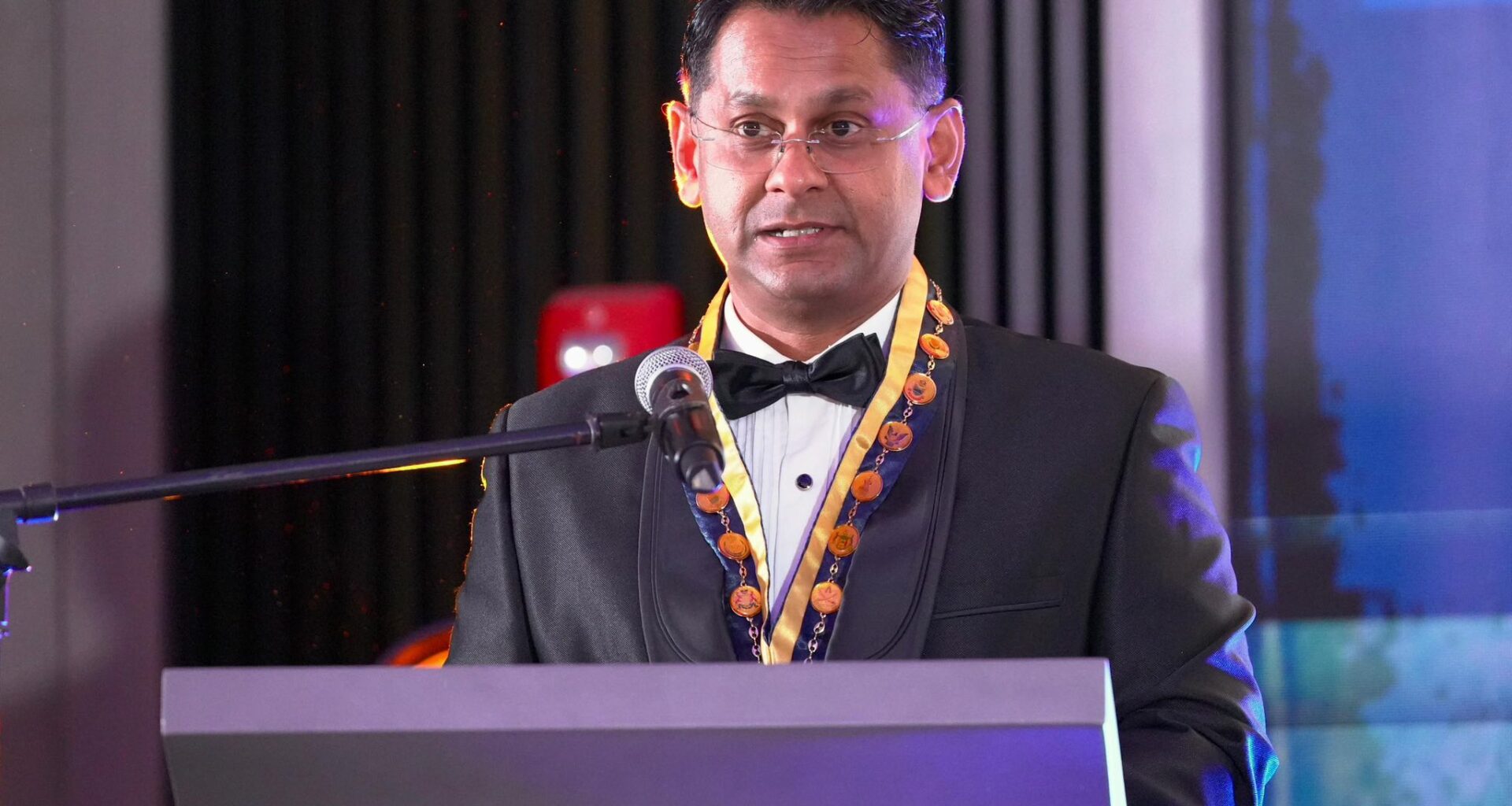KUALA LUMPUR, Sept 18 — The Malaysian Medical Association (MMA) has dismissed former minister Abdul Rahman Dahlan’s proposal for Singapore to pay Malaysia compensation for poaching Malaysian doctors.
Newly elected MMA president Dr R. Arasu said the proposal by the former minister in the Prime Minister’s Department missed the root issue of medical brain drain, citing stalled careers, inadequate on-call allowances, toxic workplaces, and unclear career pathways.
“The push factors at home are far stronger than the pull abroad. While we cannot stop brain drain completely, we can minimise it by ensuring these push factors are decisively addressed,” said Dr Arasu in a statement today.
He acknowledged the absorption of contract doctors and Health Minister Dzulkefly Ahmad’s announcement about abolishing the contract system, but called for talk to turn into action.
The country’s largest doctors’ group pointed out that the on-call allowance increase for medical officers has yet to be implemented, despite an announcement in Budget 2026 last October.
“It should not be deferred to 2026. Implementation must take place immediately to restore morale and trust in the government among the doctors who are holding the system together.”
Abdul Rahman recently proposed that the Singaporean government pay compensation to the Malaysian government for recruiting Malaysian doctors and nurses, accusing Singapore of undermining Malaysia’s health care system.
“On the proposal of compensation, if this is to be considered, it should only apply to those under government scholarships or bonded trainees who have a clear service obligation,” said Dr Arasu.
“Privately funded graduates should not be penalised, as they have borne their own costs. Any framework must be fair, transparent, and consistent with international norms on labour mobility.”
He urged the Ministry of Health (MOH), the Ministry of Finance (MOF), and the Public Service Department (JPA) to work together on raising doctors’ on-call allowance, together with periodic reviews; clear and time-bound career pathways for permanent posts and specialist training; safe workloads; and modern facilities with a supportive workplace culture.
“Several enabling initiatives are already on the table, such as manpower norms for all health care categories, a national manpower dashboard, and the ‘Suka Sama Suka’ platform for postings. These are important building blocks, and they should be executed without delay,” said Dr Arasu.
“Malaysia cannot afford to continue losing doctors. The solution is not to seek compensation from others, but to create an environment where our doctors feel valued, supported, and given a future they can believe in.”

